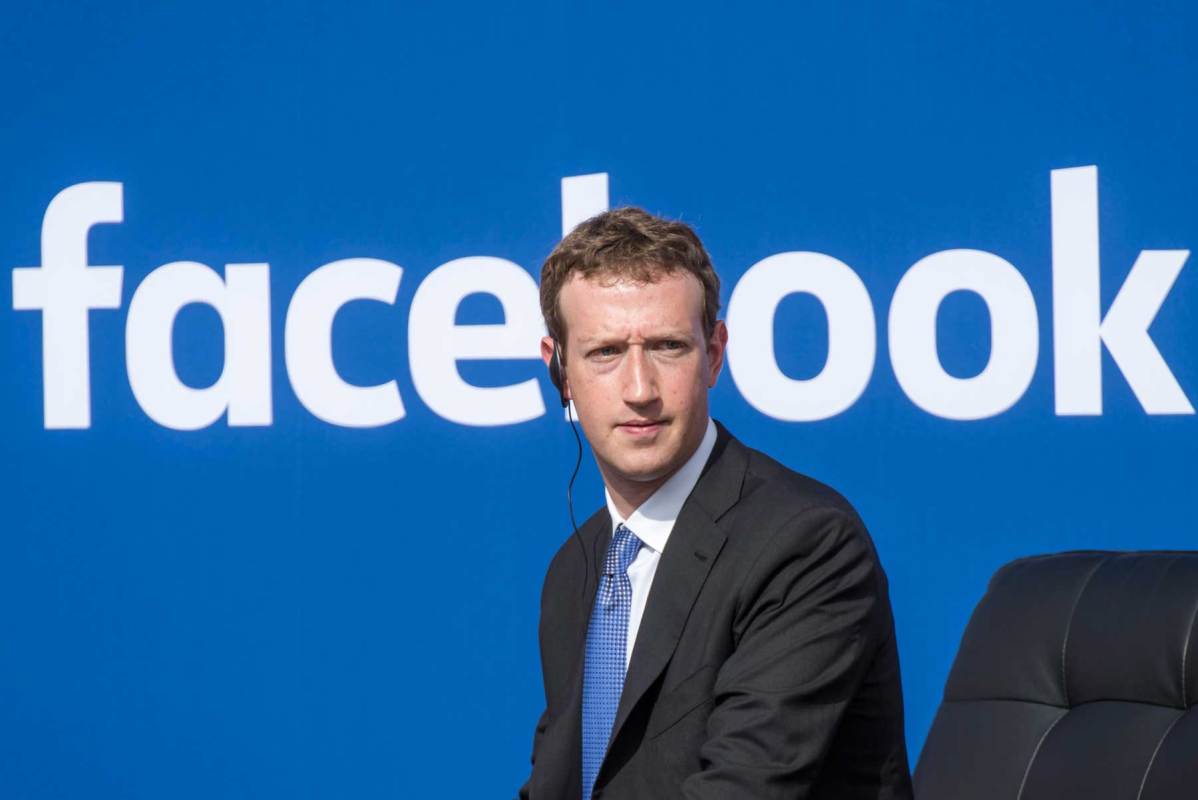Russian election meddling doesn’t necessarily end — or begin — in the United States. In addition to acknowledging that Russia attempted to interfere with America’s 2016 presidential election, reports this week show Facebook softening its language about possible Kremlin interference in the United Kingdom’s 2016 Brexit vote — an issue the social network had previously denied existed. Now, the Western world is asking Facebook: What is it doing to protect democracy moving forward?
New measures announced this week include hiring 10,000 new employees that include ad reviewers, engineers and security experts, as well as a bid to “make advertising more transparent” on the platform, according to a statement published on Facebook. This means that the site’s users will be able to see which Pages are running advertisements, even if the ads aren’t “targeted” to them. Up until now, there was no such transparency — ads had a tiny “sponsored” tag if users knew where to look — and for the layperson, it was difficult to identify precisely why one advertisement appeared in a newsfeed over another. The social network also reiterated they are working to prevent the spread of false news moving forward.
Understanding the scope of social media interference in an election means grasping how far and wide these ads can spread, as well as the way they influence the international news cycle. Approximately 150 million Americans came into contact with the posts; thousands are documented actually leaving their homes to participate in protests that were unknowingly organized by bogus Kremlin-linked accounts.
The same insidious movement of misinformation and division can be seen in the spread of false news. When a story goes “viral” — is widely shared or begins to “trend” online — digital media outlets and cable news routinely pick the story up. Any story that is debunked or has corrections made to it after the fact likely won’t see the same algorithm ride to the top of users’ newsfeed. And this isn’t an issue limited to Facebook, either: The Times of London revealed on Wednesday that Russia used Twitter bots and trolls to send 45,000 messages about Brexit over two days during the referendum as part of a campaign to spread discord. While Twitter has released its own statement about changes it’s attempting to make to battle spam, bots and harassment on the site, it waits to be seen if the social networks will be able to catch up with the speed of their own platforms in time for the coming elections around the world.
This article appeared in an InsideHook newsletter. Sign up for free to get more on travel, wellness, style, drinking, and culture.
























